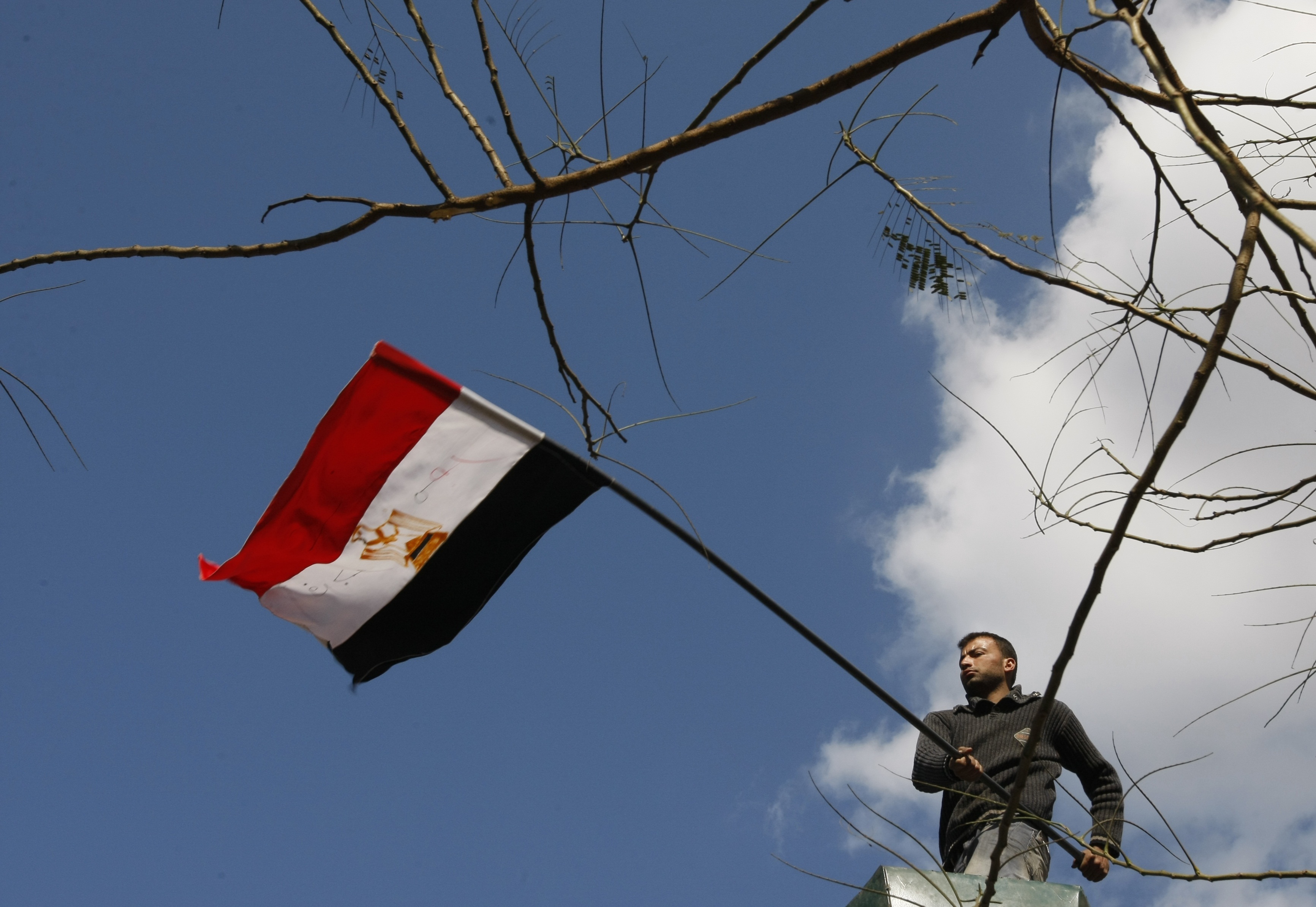 One of the most wonderful of many wonderful aspects of the anti-totalitarian uprisings
in Tunisia and Egypt is that they have nailed the myth that Islamism represents the “authentic” voice of the Arab street. This was always a pernicious nonsense and the diversity of
those demonstrating across the Maghreb and Egypt has been one of the most noticeable features of the revolt.
One of the most wonderful of many wonderful aspects of the anti-totalitarian uprisings
in Tunisia and Egypt is that they have nailed the myth that Islamism represents the “authentic” voice of the Arab street. This was always a pernicious nonsense and the diversity of
those demonstrating across the Maghreb and Egypt has been one of the most noticeable features of the revolt.
This must be particularly galling for the Foreign Office, which has spent considerable resources in cultivating the Muslim Brotherhood and other revivalist groups across the Middle East. It is gratifying for those of us who warned against this orthodoxy that Islamist fellow-travellers such as Frances Guy, the UK’S blogging ambassador to Lebanon, have been proved so wrong. The Arabist experts of the FCO failed to see this coming, just as they failed to predict the rise of radical Islam in the late 1970s.
Those such as the Conflicts Forum crew who have argued for outright engagement with the totalitarians with the slogan “listening to political Islam, recognising resistance” have been left with considerable egg on their faces. The resistance, as it turned out, came from enlightened, forward-looking young people looking for the political reform and modernisation that would allow their countries to take their place in the 21st century.
There remains a real concern, however, that Islamist opportunists will move into the political vacuum. Indeed, this is a once-in-a-generation moment, for which some Muslim Brothers have been preparing for a lifetime. Rachid Ghannouchi, the leader of the Tunisian Islamist party An-Nahda, has returned from exile after 22 years in Britain to a welcome from crowds of thousands. He could yet take advantage of the situation in which there is no obvious successor to President Ben Ali.
Clearly, many thousands are also attracted by the Islamism of Egypt’s Muslim Brotherhood – this is not an organisation without support. But it should come as a huge relief to those who care about the Arab word that it has not become the dominant force on the streets. The brave people of Tunisia and Egypt are looking to free themselves from tyranny rather than embrace another form of authoritarian rule.







Comments